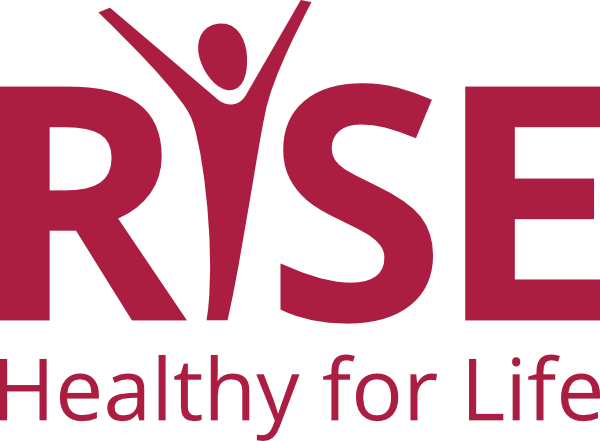Fake Clinics--How to spot them and why they are a problem
In 2024, the Tennessee legislature redirected $3 million from a fund for decreasing maternal mortality to fake clinics that oppose abortion and do not provide actual medical care.
In 2023-24, another $6.5 million of state grants went to fake clinics in Tennessee.
Fake clinics, which often call themselves “crisis pregnancy centers,” work hard to trick pregnant people with misinformation. They provide free ultrasounds, often conducted by untrained people, and only offer counseling about continuing a pregnancy, They frequently provide medically inaccurate information and use scare tactics based on ideology rather than facts. For example, many tout “abortion pill reversal,” a practice that has not been effectively studied. Medical experts find this problematic. "[This is]…an unproven and potentially dangerous intervention," says Davey Smith, M.D., professor at the UC San Diego School of Medicine and director of the Altman Clinical and Translational Research Institute at UC San Diego. "This treatment … could increase the risk of serious complications like sepsis, especially in cases where it interferes with the completion of a medication abortion."
When people search “pregnancy” or “abortion,” these fakes often show up high in the results. Their websites mimic real clinics’ sites, and their names sound legitimate.
Fake clinics outnumber legitimate clinics 3:1, and they frequently are located near legitimate clinics—another attempt to trick pregnant people. They often are located near college campuses, as well, like Agape Women’s Services near ETSU in Johnson City, TN.
Fake clinics often are funded by or affiliated with antiabortion nonprofits or religious groups. For example, Agape is affiliated with NIFLA, an organization committed to “protect life-affirming pregnancy centers that empower abortion-vulnerable women and families to choose life.” Because they are not medical facilities, they are not required to follow safety or privacy regulations, and they are not required (nor qualified) to provide accurate information.
If you believe fake clinics should not receive state funding, especially at the expense of programs that actually provide critical medical care, please contact your state legislators. If you believe that privacy is especially important for folx who visit fake clinics (which are not bound by HIPAA), please contact your state legislators. If you believe fake clinics should not be spreading propaganda in public schools, please contact your school board and your state legislators.
For more information about fake clinics, how to spot them, and why it is important not to amplify them, check out this new flyer from Advocates for Youth. For even more info, delve into this study conducted by The Alliance, a collaboration of state-based law and policy centers working across the country to advance gender equality at the intersection of reproductive rights, economic justice, LGBTQ+ equality, and gender-based violence.

